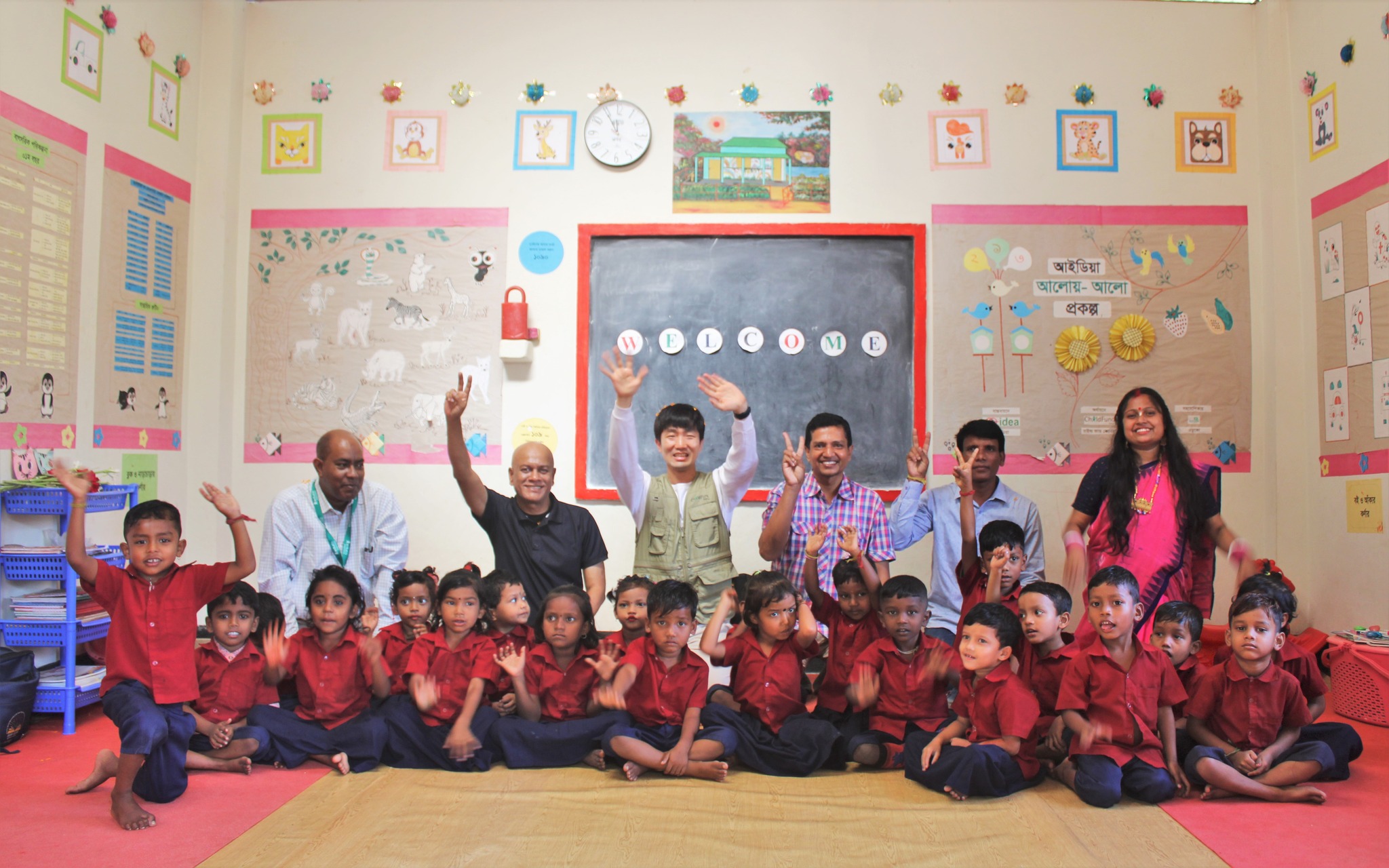Our Approach
- Home
- Our Approach
Our Approach
IDEA founded in 1993 with a vision to create positive and sustainable changes in communities around Bangladesh. Committed to the principles of innovation, development, and empowerment, IDEA focuses on various social, economic, and environmental issues to improve the quality of life for marginalized populations.
Needs Assessment and Contextual Understanding: IDEA’s approach begins with conducting thorough needs assessments and understanding the local context. By working closely with community members, stakeholders, and experts, IDEA identifies the most pressing challenges faced by the community. This step ensures that the organization’s interventions are relevant and tailored to the specific needs of the people they serve.
Holistic Development: IDEA believes in a holistic approach to development, recognizing that social, economic, and environmental factors are interconnected. The organization aims to address these issues in tandem to achieve sustainable and comprehensive solutions. Whether it’s education, healthcare, livelihoods, or environmental conservation, IDEA integrates multiple sectors in their projects.
Empowerment and Capacity Building: Empowerment lies at the core of IDEA’s philosophy. The organization strives to build the capacity of individuals and communities to take charge of their development. Through workshops, training sessions, and skill-building initiatives, IDEA equips people with the knowledge and tools to become self-reliant and active contributors to their own growth.
Collaboration and Partnerships: Recognizing that collaboration enhances impact, IDEA fosters partnerships with local governments, other NGOs, businesses, and international agencies. By working together, resources are leveraged, expertise is shared, and solutions become more scalable and sustainable.
-
Innovation and Technology: IDEA embraces innovation and technology to streamline processes and improve project outcomes. Whether it’s deploying digital tools for data collection or using renewable energy solutions in their projects, the organization is committed to staying updated with emerging technologies to achieve greater efficiency.
-
Advocacy and Awareness: In addition to on-the-ground projects, IDEA advocates for policy changes and raises awareness about critical social and environmental issues. The organization uses various mediums, such as social media campaigns, public events, and lobbying, to create a larger impact and drive systemic change.
-
Monitoring, Evaluation, and Learning: IDEA believes in evidence-based decision-making. Rigorous monitoring and evaluation mechanisms are put in place to assess the effectiveness of their projects continually. Learning from successes and failures ensures that the organization evolves and adapts its strategies for maximum impact.
Long-term Engagement: IDEA is committed to the long-term engagement with the communities it serves. By nurturing enduring relationships, the organization can better understand the evolving needs of the people and adapt their interventions accordingly.

